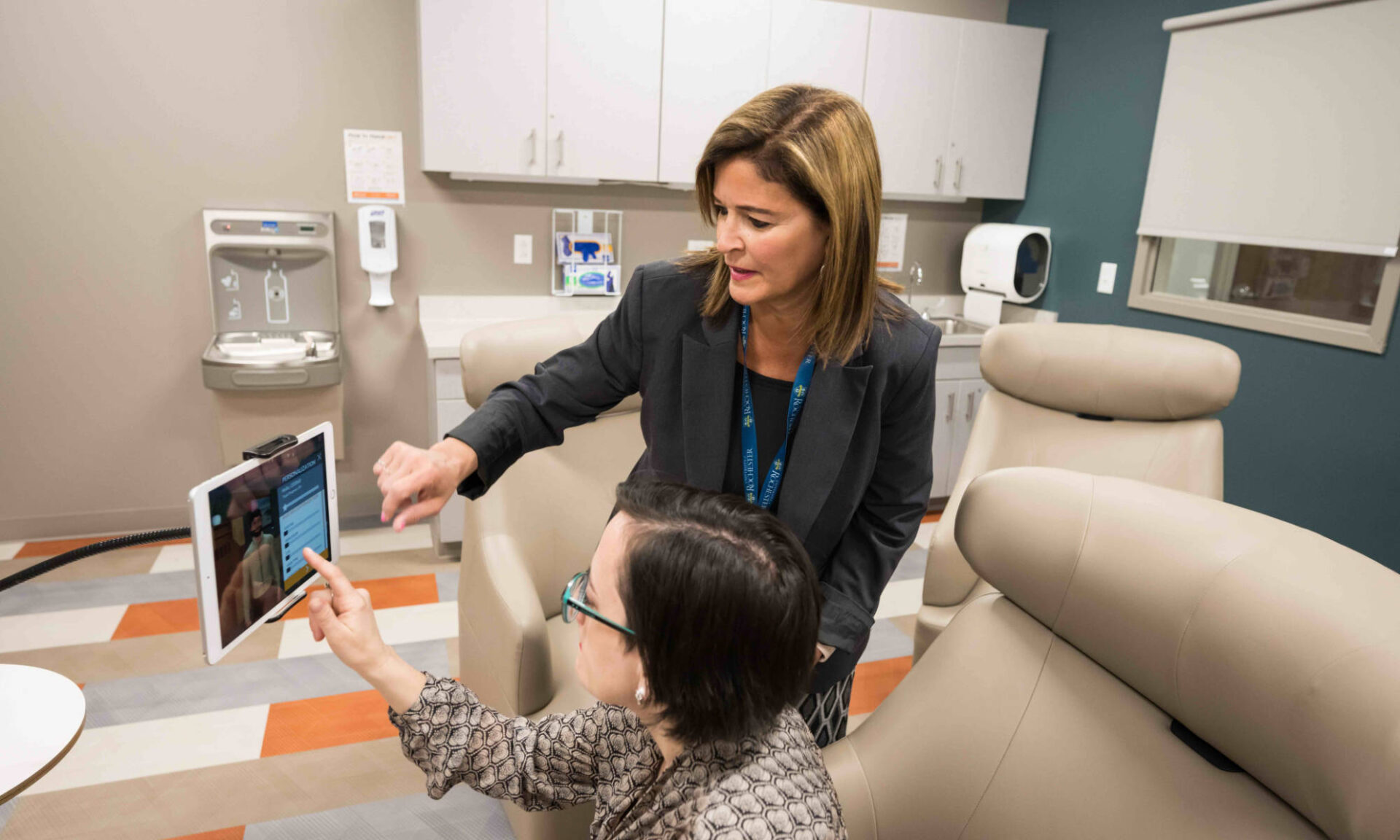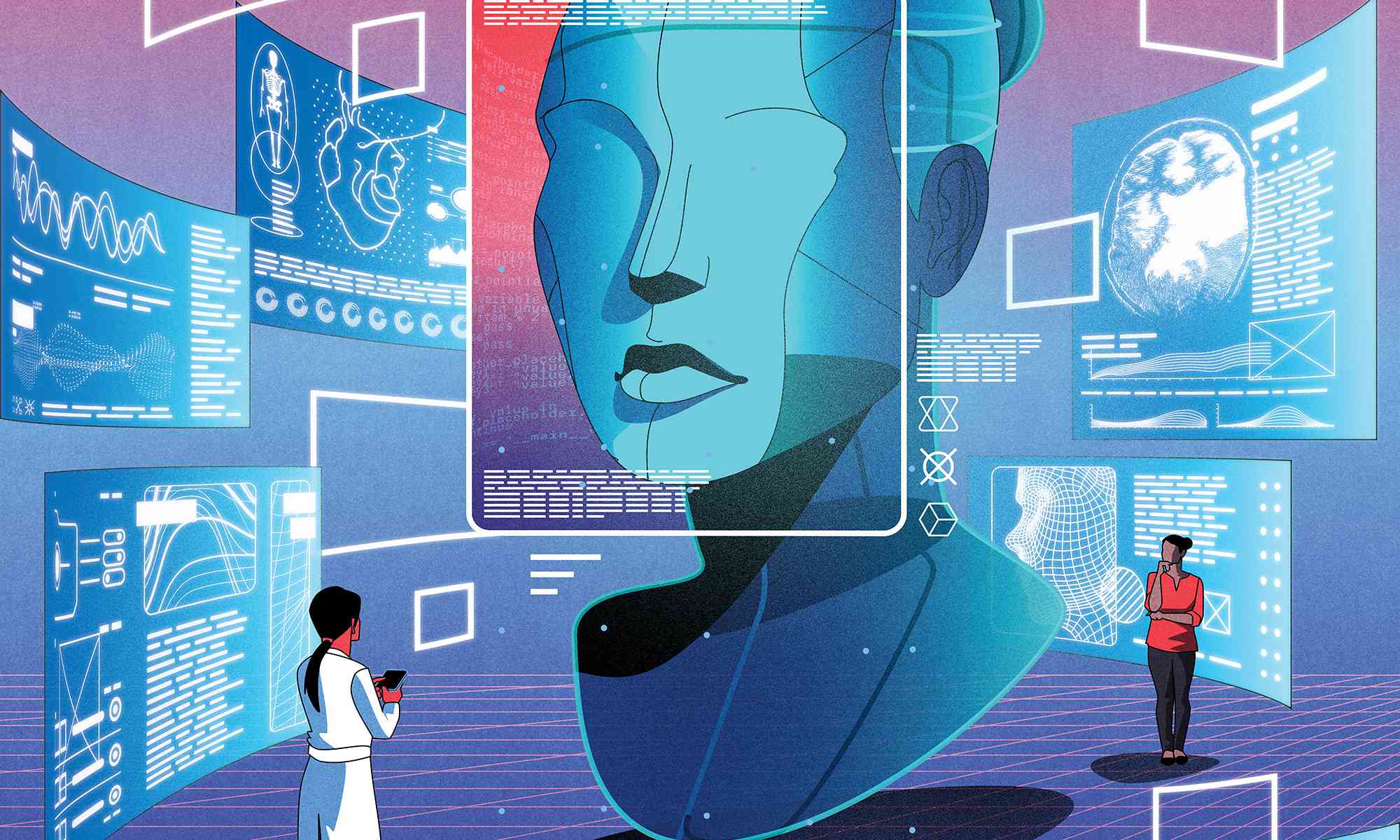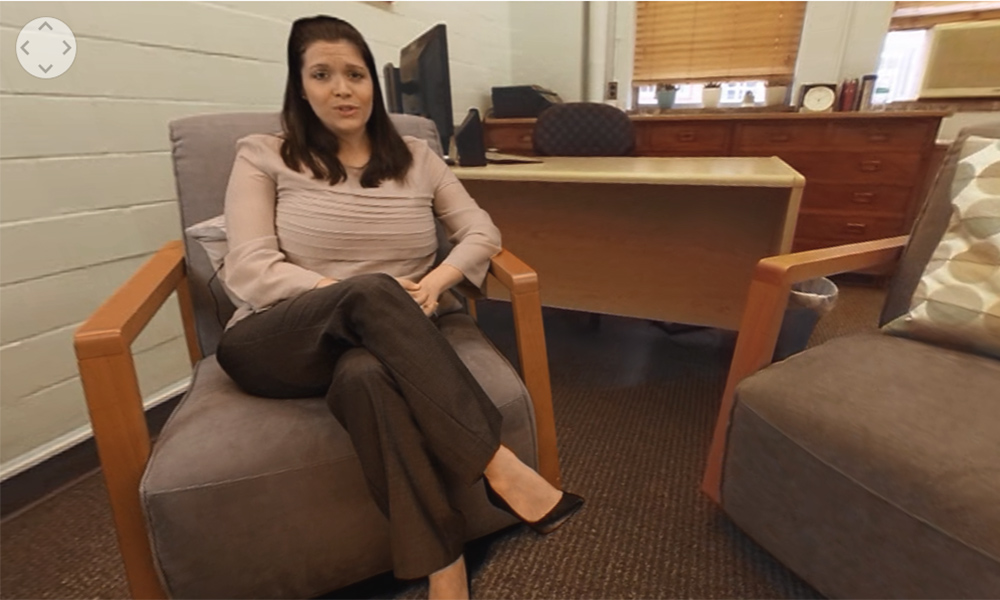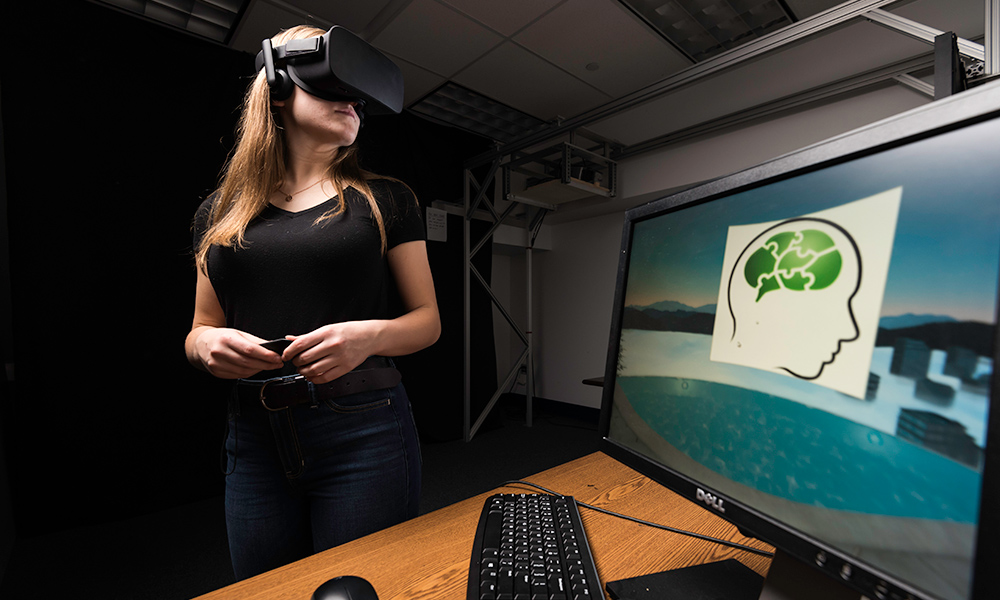Family values lead to technological innovation for a Rochester professor who is transforming addiction psychiatry.
As the United States grapples with a mushrooming mental health crisis affecting Americans of all ages, Caroline Easton is turning to another exponentially expansive arena to help patients and providers alike: artificial intelligence (AI).
A professor of psychiatry and the academic division chief of addiction psychiatry at the University of Rochester Medical Center, she’s merging cognitive behavioral therapy with cutting-edge digital tools to provide holistic care for those battling substance abuse. Her desire to give back combined with the limitless potential of AI is already making an impact, with a long runway of promise ahead.
Tell us about your research and its goals.
Easton: My research primarily focuses on integrating care for substance use and intimate partner violence. This interest began during my internship at Yale, where I noticed a significant overlap between addiction and family conflict. I work to create integrated therapy models that provide holistic care under one roof, making it more efficient and personalized for patients. This involves using cognitive behavioral therapy (CBT) to teach adaptive coping skills to patients, addressing both substance use and aggression.
What drew you to this particular field and ultimately back to Rochester?
Easton: My interest in this field is deeply rooted in my family background. My grandmother, an immigrant from Italy, instilled in me the importance of giving back to the community. Initially, I thought I’d be a veterinarian, but my path evolved toward the helping professions influenced by my family’s values. Returning to Rochester felt like coming home, combining my interest in technology with patient care in a region I love.
It sounds like your grandmother played a significant role in your career choice. Can you tell us more about that?
Easton: Absolutely. My maternal grandmother was a huge inspiration. She taught me the value of education and community service. Her pride in being in this country and her commitment to giving back really influenced me. My parents also supported these values, emphasizing a strong work ethic, and treating others with respect. These lessons naturally guided me to helping others.
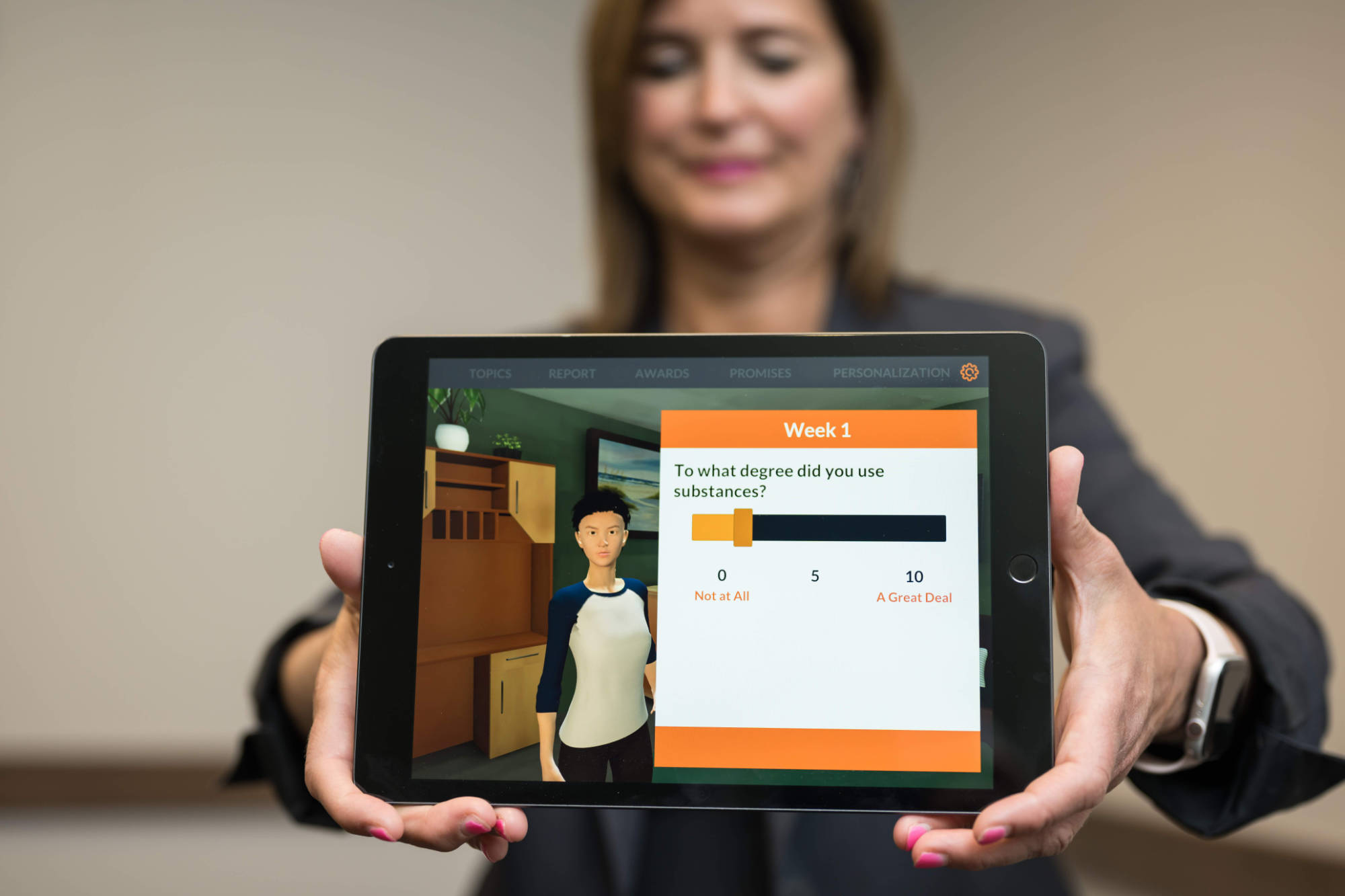
How does AI fit into your research and therapeutic approach?
Easton: Alongside the Rochester Institute of Technology, we’ve developed a digital avatar-assisted CBT platform. This tool acts as a behavioral therapy coach, providing coping skills to patients in an engaging, accessible, and user-friendly way. The tool personalizes therapy based on the patient’s real-time feedback, making it accessible even to those without regular access to a therapist. The avatar can interact with patients, practice coping skills with them, and provide rewards and affirmations, hopefully creating a more positive experience. It’s currently available as a downloadable app on iPhones and iPads.
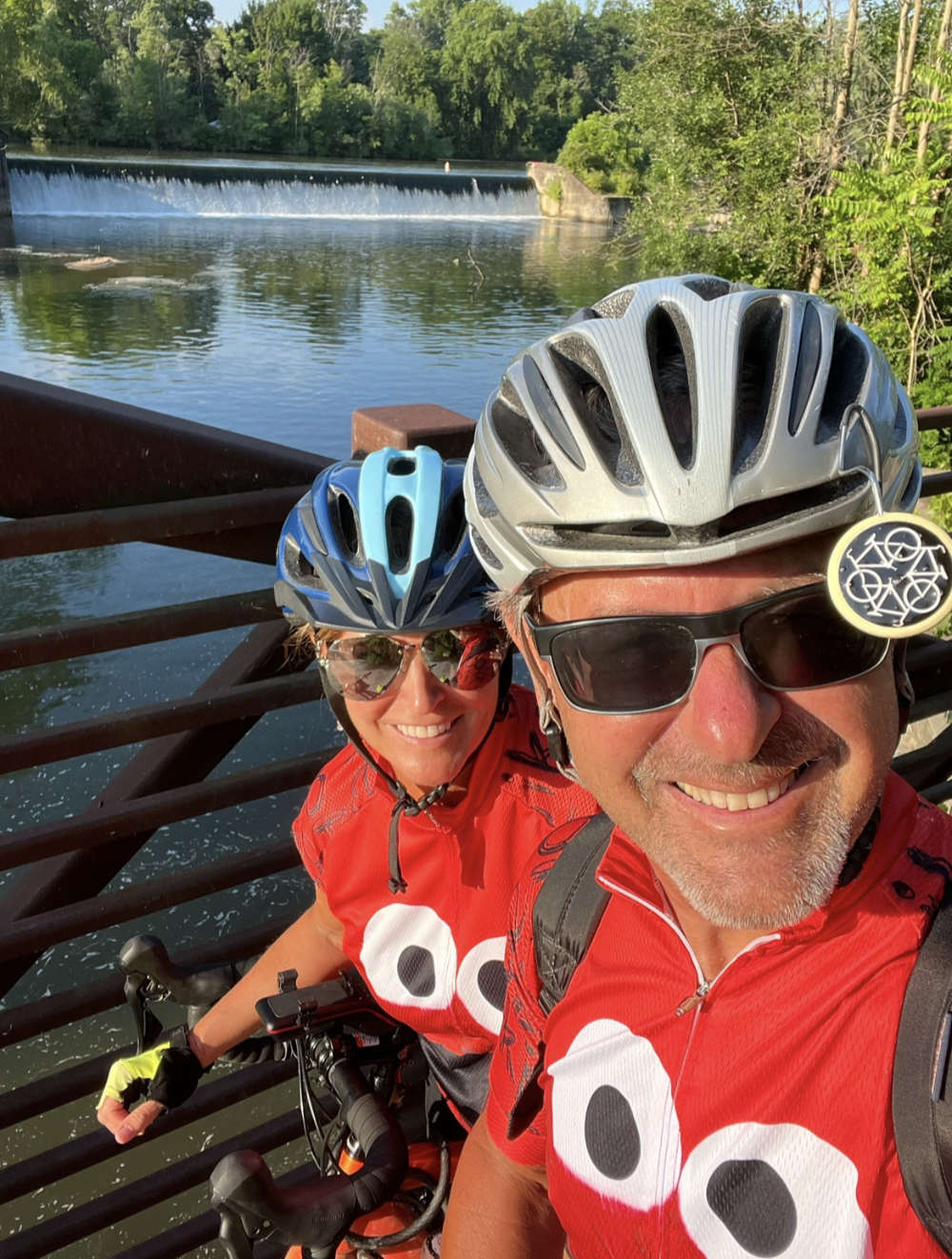
What impact has this AI tool had on clinicians and patients so far?
Easton: It’s crucial to understand that the tool is not intended to replace human therapists. Instead, it supports them. AI can help reduce therapists’ workloads, minimize compassion fatigue and burnout, and provide additional resources for patient care. That’s because it allows therapists to focus more on the therapeutic alliance while ensuring patients receive consistent and evidence-based coping skills training.
So far, the response has been very positive. Patients find the platform engaging and non-threatening, often preferring it over traditional therapy models. Clinicians appreciate having an additional tool that can provide immediate, relevant coping skills to patients, allowing them to focus on building a strong therapeutic relationship.
Are you happy to be back in Rochester?
Easton: I grew up in the Southern Tier and spent a lot of time around the Finger Lakes, which I love for their natural beauty and recreational opportunities. Rochester offers a rich cultural scene, from music festivals to diverse culinary experiences. The Erie Canal is particularly special to me. I live near it and enjoy walking, cycling, and boating along its scenic paths. I love the vibrant community and activities. It’s a wonderful place to live and work.

